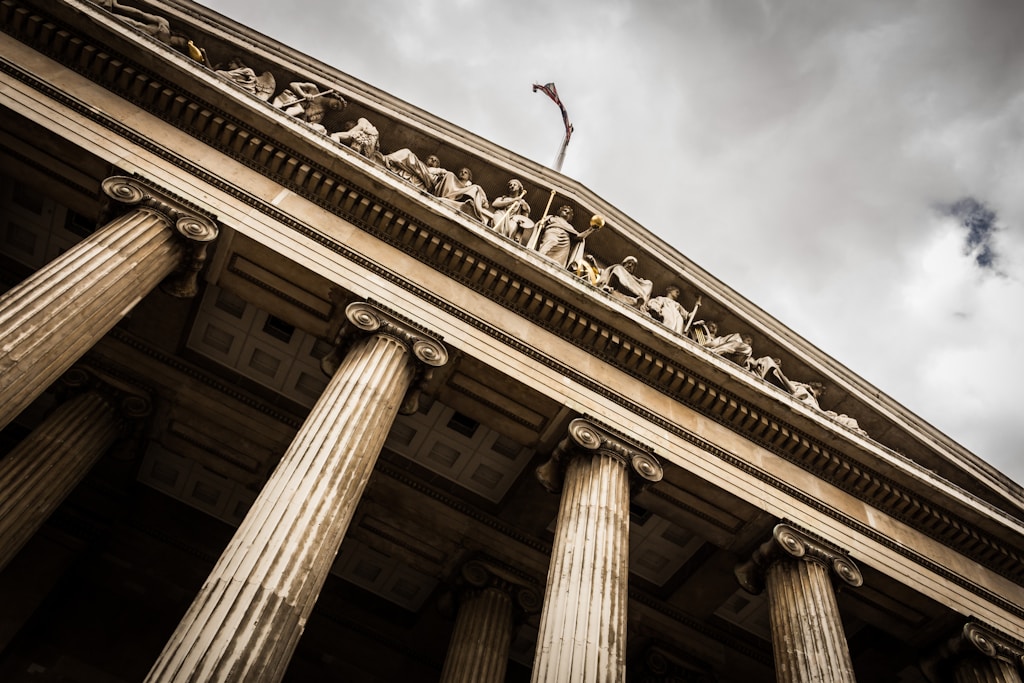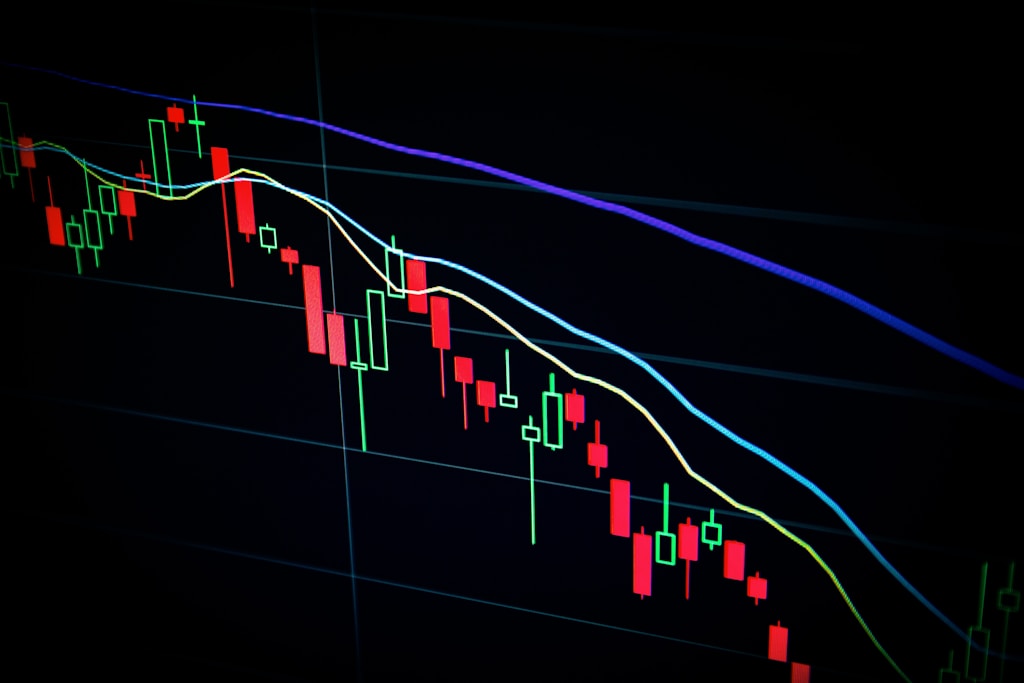In a significant development for the cryptocurrency industry, Acting SEC Chair Mark Uyeda has called for a fundamental shift in the agency’s approach to crypto regulation, emphasizing the need for clear rulemaking over enforcement actions. This announcement comes alongside the landmark launch of the first U.S. bank-issued stablecoin on Ethereum’s permissionless blockchain.
SEC’s Regulatory Pivot: From Enforcement to Clarity
Acting SEC Chair Uyeda’s stance marks a potential turning point in crypto regulation, following years of what many industry participants have described as “regulation by enforcement.” This development aligns with recent positive regulatory shifts in crypto banking, suggesting a broader trend toward clearer regulatory frameworks.
First U.S. Bank-Issued Stablecoin Launches on Ethereum
The cryptocurrency market witnessed a historic milestone with the introduction of the first U.S. bank-issued stablecoin on Ethereum’s public blockchain. This development represents a significant step toward mainstream financial institution adoption of blockchain technology.
Bitcoin Market Analysis
As Bitcoin tests critical price levels, the market stands at a crucial juncture in its four-year cycle. Current market conditions suggest increased volatility as traders assess the impact of these regulatory developments.
FAQ Section
What does this regulatory shift mean for crypto investors?
The move toward clear rulemaking over enforcement actions could provide better certainty for investors and reduce regulatory risks in the crypto market.
How will bank-issued stablecoins impact the crypto ecosystem?
Bank-issued stablecoins on public blockchains could enhance institutional adoption and provide more regulated alternatives to existing stablecoin options.
What’s next for crypto regulation?
Industry experts anticipate more clear guidance and frameworks from regulatory bodies, potentially leading to increased institutional participation in the crypto space.






